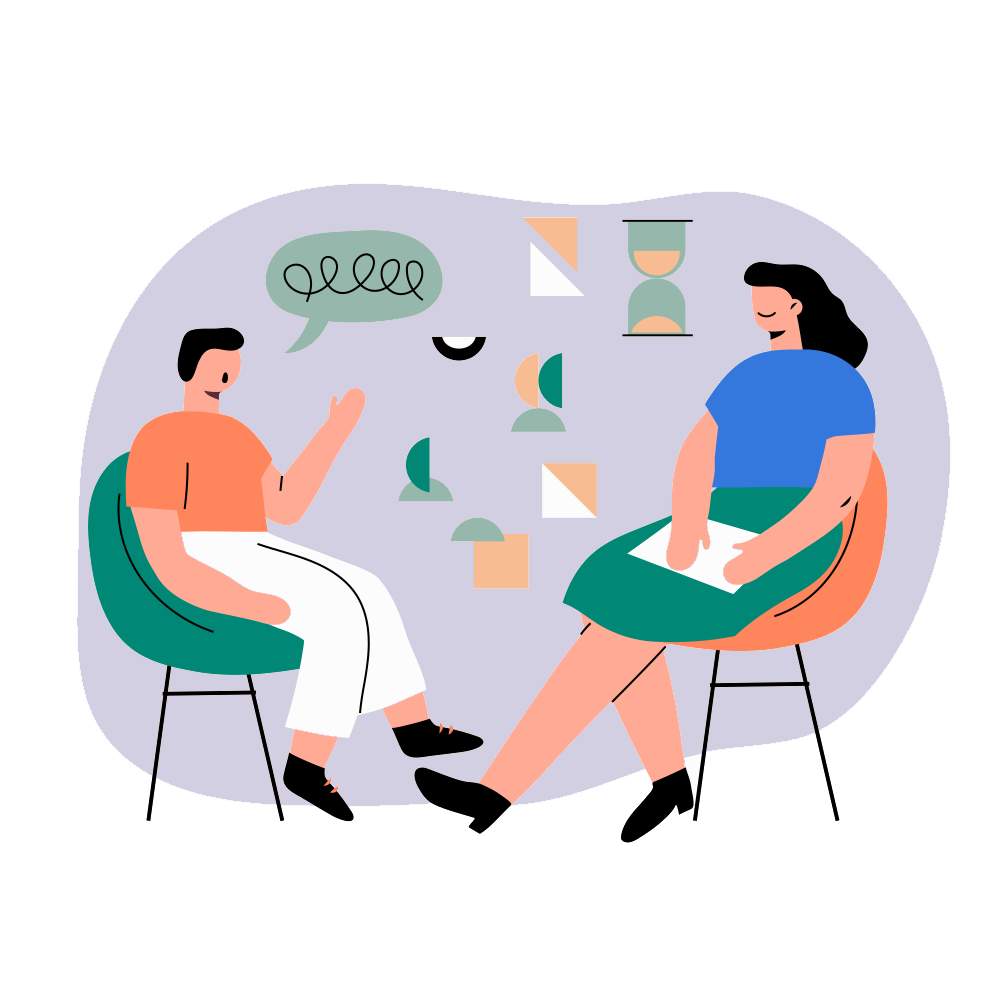
Do you know how to improve your knowledge in terms of sensory integration?
This course is a comprehensive, guided course, designed to provide a detailed understanding of the nature of sensory integration, especially when it comes to dealing with Attention Deficit Disorder in children. This course is aimed at parents and carers who would like to develop their skills and knowledge of how to support and help children suffering from symptoms of sensory modulation disorders. The training materials of this course are available online for you to learn at your own pace and get the therapeutic steps needed to work with the children in a very comfortable manner.
Sensory Integration Disorder in Children
Those who wish to support the development of sensory integration in preschool and early school-age children will find that this course allows them to use a variety of exercises and activities that develop the fine motor skills and visual perception. By the end of this course, you’ll have the skills to recognise symptoms of sensory modulation disorders in children during play, respond effectively to their needs, and create environments and opportunities in which they can develop a fine motor skills and visual perception. During this course, you will learn about causes of Attention Deficit Disorder in children, concepts and key terms in the field of sensory integration disorders, and knowledge on how to support and prepare children to act purposefully, and to deal with the many distractions that the modern world produces.
What are the Causes of Attention Deficit Disorder in Children?
When our child experiences many different sensations in his or her life, every day provides something new and the conditions for effective learning are not provided, this is reflected in an attention deficit.
In certain situations, poor nutrition and a diet containing foods that stimulate activity may be the cause of the condition. Among these ingredients are, for example, cocoa, preservatives, artificial colours, and sugar. A medical reason leading to attention deficit disorder in children is attention deficit hyperactivity disorder or ADHD.
In the case of Attention Deficit Disorder (ADD), we are not dealing with over-stimulation. Verification of this type of problem is more complicated to carry out, as children suffering from this type of developmental dysfunction are perceived as less capable than their peers.
During the course you will learn:

How to..
.. demonstrate knowledge and understanding of the causes of Attention Deficit Disorder and Sensory Integration Disorder

How to..
.. act when the child cannot concentrate on the homework or is easily discouraged and unable to complete the assigned tasks

How to..
.. support the development of sensory integration in preschool and early school-age children through polysensory plastic activity and many more activities that develop the fine motor skills and visual perception of the child
Course author:

Anna Parakiewicz
Special educator, specialist in Early Intervention, specialist in pedagogical therapy, Sensory Integration therapist with several years of experience in early development support for children at risk of disability and with developmental disorders, therapy for deaf-blind children, therapy with the Sensory Integration method. Since 1999 she has been involved in the diagnosis and therapy of children. She carries out a diagnosis of the development and functioning of the young child and sensory integration. She carries out sensory integration and vision therapies, taking care of the child's development in all aspects.
The need for polysensory stimulation of the child's development

Nowadays, children are brought up in a variety of conditions, most often favourable to their development. However, sometimes the environment unconsciously limits the child's possibilities or provides too many stimuli. There is a need to strengthen many children's capacity for self-regulation of behaviour. There is a large group of children with attention difficulties, excessive motor excitability or abnormal sensory integration processes. Many children have difficulties with motor or eye-hand coordination. Lifestyle further limits children's development. They spend too much time indoors, in a sitting position. This deprives them of natural opportunities for motor activity, and for gaining polysensory experiences. Sometimes it is only during their stay at the kindergarten that children use the playground equipment, get to know different textures and tastes and do a lot of manual and artistic tasks.
What will you gain by taking part in the course?

New, current threads
During the lectures of this course, you will gain full insights and perspectives on how to support and help a child who cannot concentrate on the homework or is easily discouraged and unable to complete the assigned tasks. Demonstrate knowledge and understanding of the causes of Attention Deficit Disorder and SI disorders in Children.

New skills
Gain practical skills to better support the development of sensory integration in preschool and early school-age children through polysensory plastic activity and many more activities that develop the fine motor skills and visual perception of the child. By the end of this course, you’ll have the skills to recognise symptoms of sensory modulation disorders in children during play, respond effectively to their needs, and create environments and opportunities in which they can develop fine motor skills and visual perception.

Practice
The course covers a range of areas related to Attention Deficit Disorder and SI disorders in preschool and early school-age children. The course will increase the learners' understanding of all aspects related to this area and also introduce suggested practices, exercises, and activities to work with that are important due to preparing children to act purposefully, and to deal with the many distractions that the modern world produces.

Availability
You will have access to all materials in a convenient form online around the clock, 24 hours a day, 7 days a week, 365 days a year, so you can learn where, how and when you want by using downloadable resources such as notes, videos, slides, factsheets, assessments and highlighted key points in each course section which are helping you to keep on track, as well as improve your results.

Certification
Once you have completed the course you will receive a personal document confirming participation in the course.
You will be able to download your certificate of completion from 'my panel' on the UniqSkills platform and share your new skills online.
Syllabus:
|
Module 1 - Attention Deficit Disorder and Sensory Integration Disorder |
|---|
|
Audio – Attention Deficit Disorder and Sensory Integration Disorder in children - therapeutic steps and work with the child |
|
Module 2 - Supporting the development of sensory integration in preschool and early school-age children |
|---|
|
Section 1 – How to recognise symptoms of sensory modulation disorders in children during play? |
|
Section 2 – Children's polysensory plastic activity - how to stimulate sensory integration through plastic activities? |
|
Section 3 - Examples of activities that develop the fine motor skills and visual perception of pre-school children |
|
Completion of the Course |
How do customers rate the course?
Order this course
THIS ADVANCED ONLINE COURSE INCLUDES:
Sensory Integration Disorder in Children
- Expert Trainer
- Certificate of completion
- 24/7 access to a modern platform
- Access on mobile and tablets
- Hours of on-demand videos
- Notes and factsheets
- Notes and factsheets
- Downloadable resources
- Multiple-choice Test
- Suggested study: 6 weeks, 2hrs per week
Are you interested in making a purchase? Leave us youremail address, and we'll get back to you with anoffer!
Course Quality Guarantee ✔